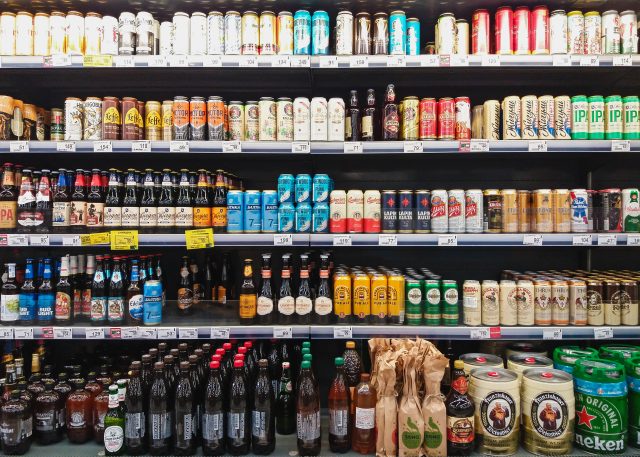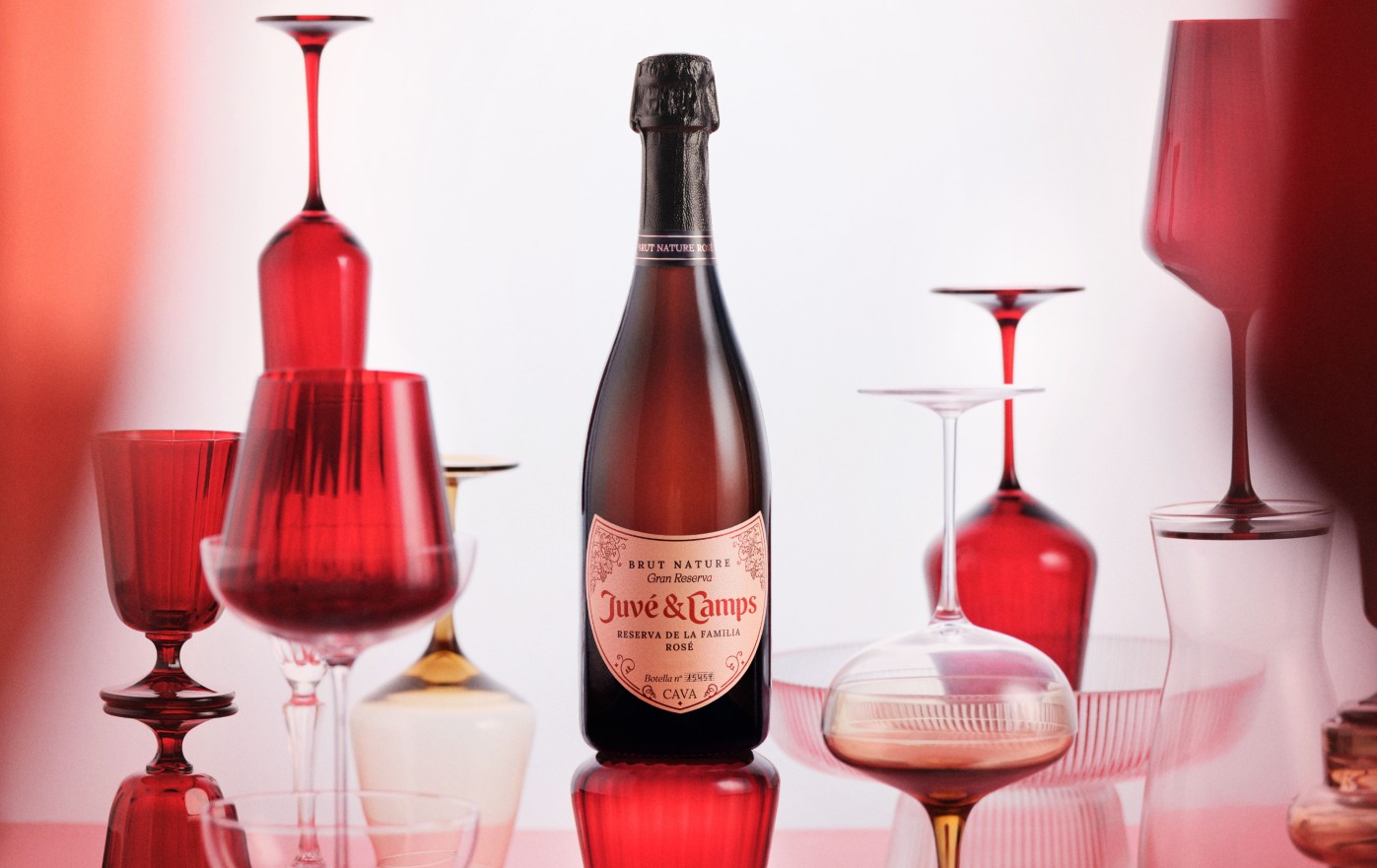Minimum unit price hike: impact on Scotland’s on- and off-trade
The Scottish Government announced a proposal to increase minimum unit price (MUP) for alcohol from 50p to 65p on Thursday. What effect will this have on alcohol retailers as well as pubs and bars in Scotland?

The hike is equivalent to a 30% rise in MUP, the first since the policy was introduced in 2018. Ministers first announced the proposal in September 2023.
Before it was introduced, cider with an ABV of 7.5% could be sold in Scotland for as little as £1.99. But following the change of legislation, it could no longer be sold for any less than £7.50. The intention is to tackle problem drinking and alcohol addiction by eliminating extremely cheap alcohol from retail shelves.
The policy has always been met with some scepticism, which is now being reflected in the response to the MUP hike.
Christopher Snowdon, head of lifestyle economics at the Institute of Economic Affairs, said: “With deaths from alcohol abuse at a 14 year high, it is obvious that minimum pricing is not an evidence-based policy.”
He said that the official evaluation “overwhelmingly showed that the policy has failed”, but argued it is a project which the Scottish Government was “always going to stick with it come what may”.
The proposal, announced on Thursday, will now go before the Scottish parliament for approval. If accepted, it would take effect from 30 September 2024.
Partner Content
The 65p increase will mean the lowest price for a bottle of wine would rise from £4.88 to £6.34.
Trade body the Campaign for Real Ale (CAMRA) believes that policies like MUP can encourage more people drinking in pubs, as opposed to drinking cheaper supermarket alcohol at home.
However, in a statement put out in response to the announcement, CAMRA said it fears that raising MUP won’t do enough on its own to encourage people into pubs. The organisation is calling on the Scottish Government to come up with an action plan to “save the nation’s pubs” in response to the proposal, to “safeguard the future of hundreds of community locals at risk of permanent closure due to crippling business rates and a possible return of Scottish Government plans to ban alcohol advertising”.
Not all trade bodies were positive about the potential for the MUP rise to turn consumers away from retail spaces.
The Federation of Independent Retailers (the Fed) has warned that raising the minimum price for alcohol sold in Scottish shops will not stop problem drinking but could put retailers at further risk from retail crime.
Mo Razzaq, the national vice president of the Fed, called for more “highly effective campaigning to help change Scotland’s attitude towards drink”. He criticised the new MUP proposal saying it is a means of “passing the buck to businesses” rather than tackling alcohol addiction head-on.
He argued that the price hike would not tackle the issue of alcohol consumption, claiming that “anyone with alcohol abuse issues will steal the product if they cannot afford it, as it is an addiction”.
Related news
How do people under 40 find their way into fine wine?
‘Bonkers’ rosé sales in UK driven by four wine brands
How a visit to California convinced Mirabeau to sell to Concha y Toro




